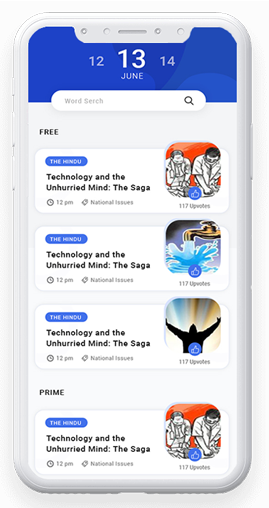K.P. Sharma Oli’s govt. cites the companies’ non-compliance with registration rules as reason behind decision; free speech advocates say the move is less about regulation and more about silencing dissent and tightening control over online speech.
The K.P. Sharma Oli government on Thursday decided to ban as many as 26 social media platforms, including Facebook, X (formerly Twitter), Instagram, and YouTube, citing their failure to meet the deadline to comply with registration requirements in Nepal.
Issuing a public notice, the Ministry of Communications and Information Technology said it “has ordered the Nepal Telecommunication Authority to make inactive all non-registered social media sites until they are registered.”
After repeated requests, the government again, on August 28, set a seven-day deadline for social media platforms to register in Nepal. That deadline expired on Wednesday night.
On Wednesday afternoon, Gajendra Thakur, spokesperson for the Ministry, said that the government was hopeful social media companies would approach them before midnight. If they did not, he said, the government would act accordingly. As none approached, a meeting on Thursday then made the decision to enforce the ban.
Free speech advocates have objected to the move, saying it is less about regulation and more about silencing dissenting voices. They believe the government’s registration conditions, which include stringent oversight and control measures, may have been deemed unrealistic and intrusive by many social media companies, likely prompting their refusal to register.
The government has based its decision to ban the sites on a recent Supreme Court ruling and its own Directives Relating to the Regulation for Usage of social media.
This is not the first time Nepal has banned a social media platform. In November 2023, the then Pushpa Kamal Dahal government blocked TikTok for nine months, prompting criticism.



